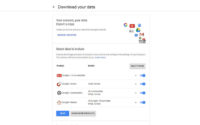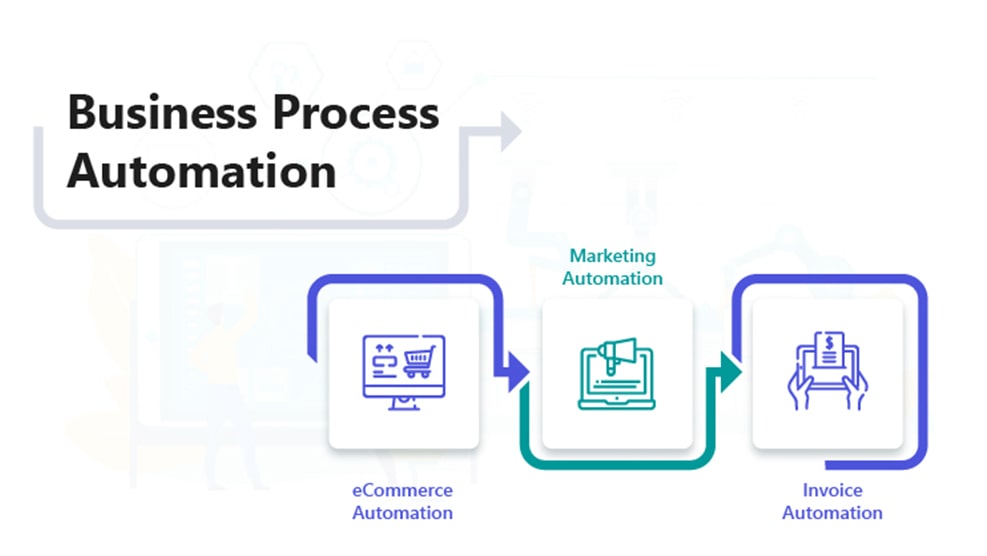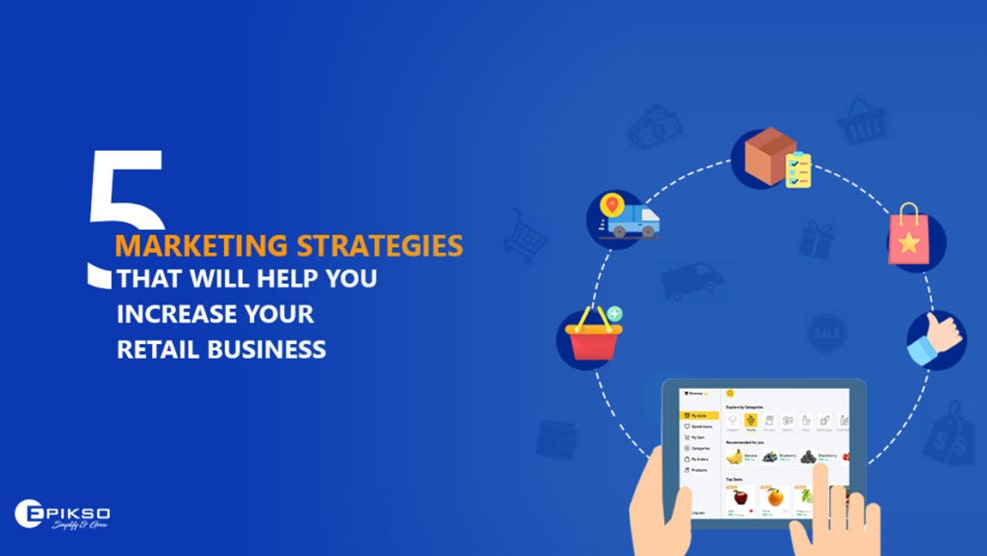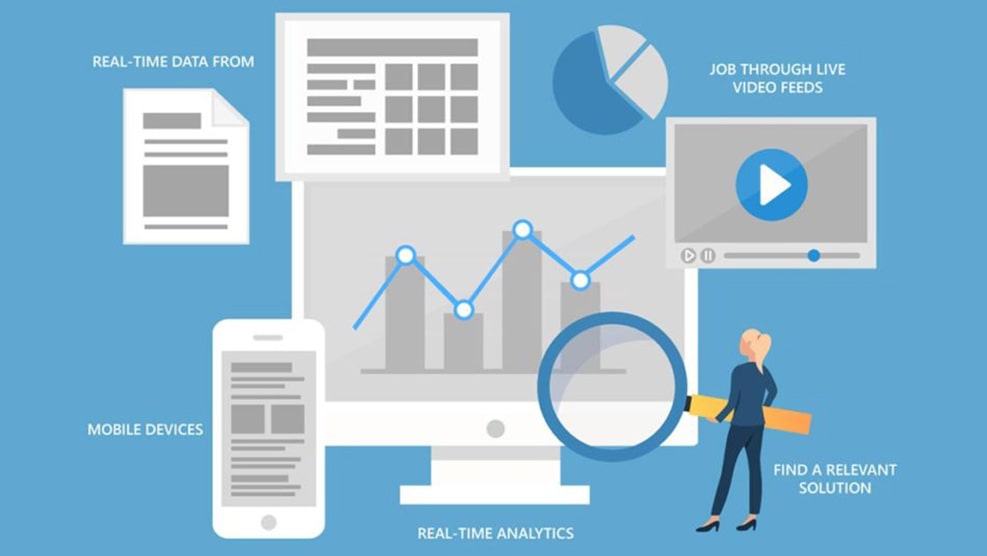Why Digital Reputation Matters, and How to Influence It
A company’s reputation is one of its most valuable assets, both online and offline. In a diversified forum such as the internet, the reputation of the business is especially critical. Online ratings and reviews have become a central important aspect of brand reputation.
According to one study, 88% of consumers read reviews to determine the quality of a business. Plus, surveys reveal nearly 61% of consumers check online reviews before making a buying decision.
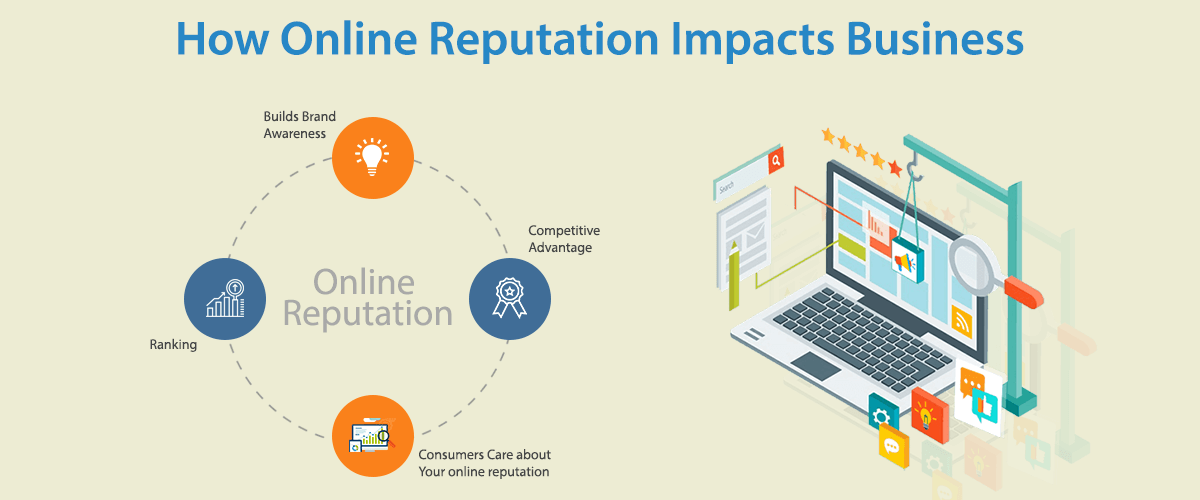
Online reputation is a significant factor that is influencing businesses worldwide. For instance, many professionals get recommendations and referrals through social profiles such as LinkedIn. This advice helps businesses when they are considering candidates for a project.
Benefits of digital reputation to a business
Why is online reputation so fundamental to business success? Consider its many benefits:
Online reputation builds brand awareness
Reputation management professionals use influencers to showcase your brand and introduce it to a broader group of consumers. Statistics show that nearly three-quarters of people (74%) refer to social media for advice on buying decisions, and while almost half (49%) say they trust suggestions from influencers when making purchases.
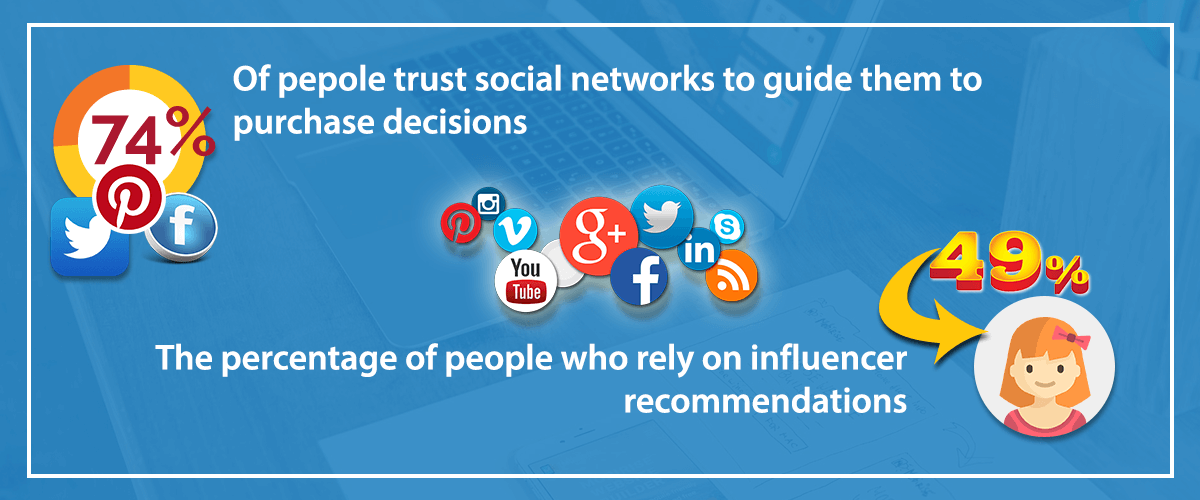
A good reputation is a competitive advantage
Online reputation can empower a company to outline its products and services in highly competitive markets. This bolstered reach enables excellent pricing strategies and can influence audience members to decide to become clients of their business. The “2017 US Reputation Dividend Report” demonstrated that a firm’s reputation enhances investor confidence, which further drives shareholder value. In fact, one out of every five dollars of market capitalization is due to confidence in a company’s reputation, amounting to approximately $4.6 trillion in the first half of 2017, per the report.
Consumers care about your online reputation
Businesses are at risk of losing 22% of business when potential customers find one negative article on the first page of their search results. Three negative articles cause that number to jump to 59%. Businesses are aware of the need to sometimes shift perception back into their favor. Consider, for example, a recent hospitality industry poll: 97% say online reputation management is important to their business, 98% say online reviews are important to their business, and 92% say social presence is important to their business.
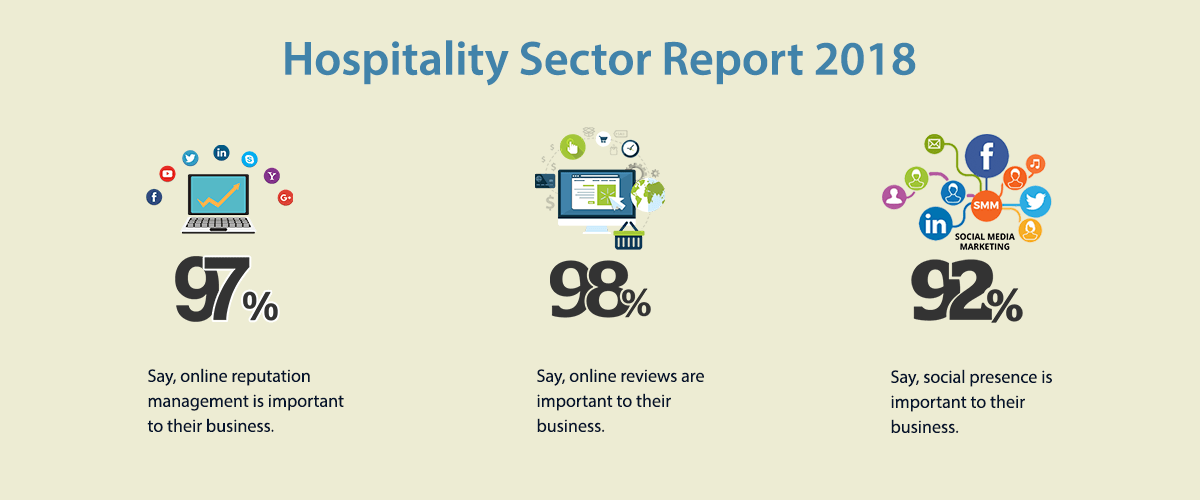
A company’s reputation on review sites or third-party local directories such as Yelp.com play an important role in Google’s algorithm. In fact, about 13% of Google’s entire search algorithm is driven by review signals such as the ones you find in a business’s Google reviews.

How can you influence your online reputation?
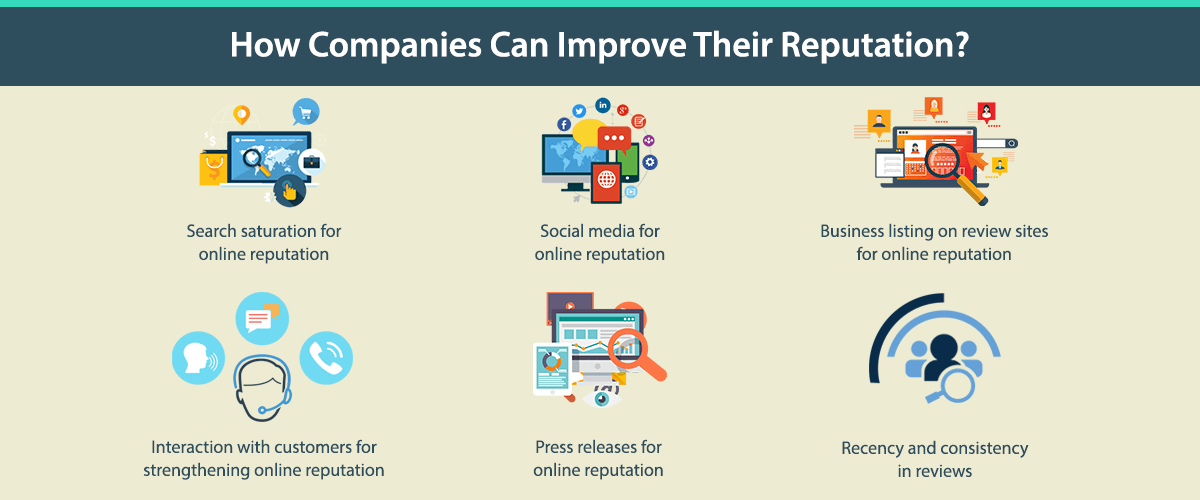
Online reputation helper #1: search saturation
The presence of your company on other sites not only offers a different overview of your company but also allows you to yield more space in organic search results. Greater prevalence is critical so that if you experience negative coverage, searchers can see positive coverage as well. Plus, more mentions of your business help your own site get higher in the search results.
Online reputation helper #2: social media
Businesses certainly don’t want to risk their credibility with customers. By participating actively on various social media platforms such as Facebook, Twitter, LinkedIn, and Instagram organizations build a communicative network and a community of loyal customers who often become key brand ambassadors. More than 70% of consumers who have a positive experience of a brand would recommend it to their connections on social media.
Online reputation helper #3: business listings on review sites
It’s vital to get your business listed on all available online directories. According to a March 2017 survey of US internet users conducted by Burke for the Local Search Association (LSA), 4 in 5 respondents said a search engine was their top choice among digital and nondigital sources when looking up information on local businesses. Furthermore, a 2019 poll by GlobalWebIndex found that 37% of people list search engines as a primary way they initially learn of new brands, products, and services – more than any other channel.
Local business reviews, discovered through search and other means,
are more important than ever: with 93% of consumers read reviews to decide if a business is good or not. Some of the most prominent social and review sites for small business are Google, Yelp, Instagram, Twitter, Facebook, TripAdvisor, and Foursquare.
Online reputation helper #4: interaction with customers
When aiming to bolster trust and consistency with customers, companies can build customer interactions online and in person to enhance their digital reputations. While 53 percent of customers expect businesses to respond to negative reviews within a week, 63 percent say that they have had a business never respond to their negative review.
Online reputation helper #5: press releases
The press release should be a core part of any company’s marketing strategy. Press releases can boost sales or attendance by drawing attention to new products, revamped services, and upcoming events. By using specific keywords related to your business within the release, you establish better SEO, in turn building your brand image.
Online reputation helper #6: review consistency & recency
A recent study showed that 69% of consumers today believe online reviews older than three months are no longer relevant. If you can get reviews consistently, that helps with the recency factor – so that your reviews aren’t collecting cobwebs. It can look odd to potential customers if you don’t have a steady flow of reviews.
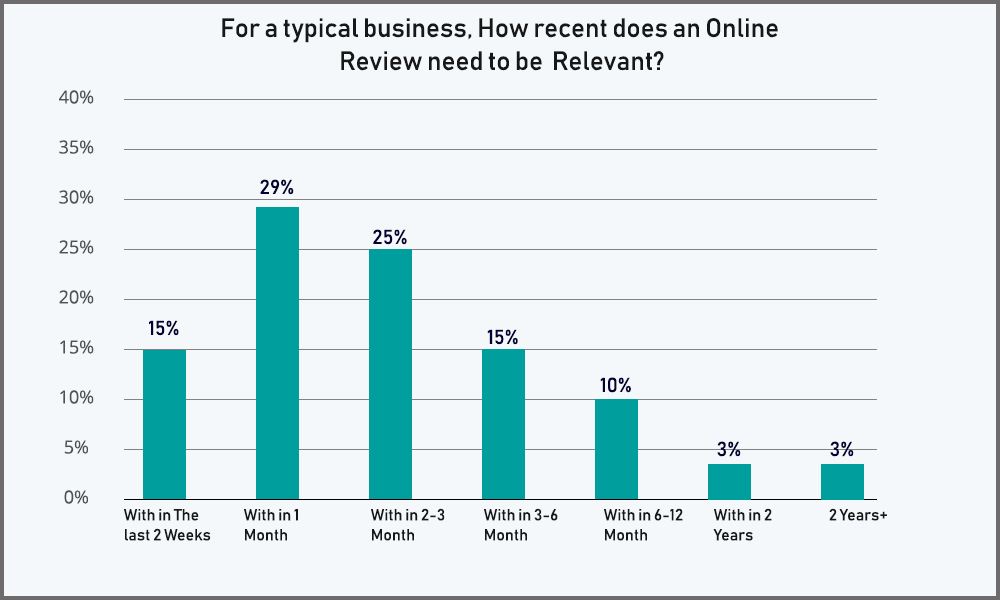
The bottom line
If you don’t enthusiastically monitor and enhance your online reputation, you’re missing out on a huge opportunity to nurture your brand, earn social proof, and drive new business. Online reputation management brings balance, prevents misleading trends, and supports you in making a great ongoing impression. For in-depth analysis and guidance, email contact@epikso.com or book an appointment today.





